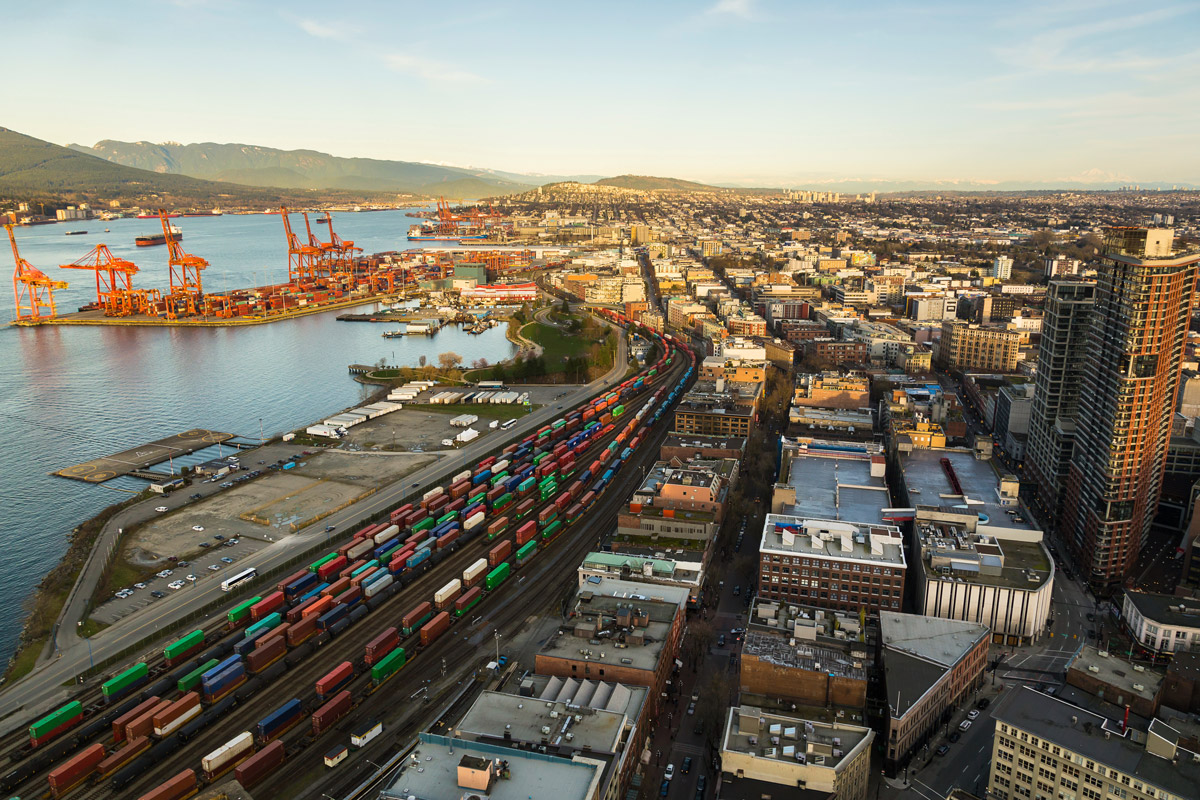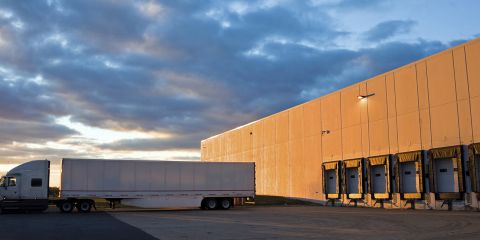
The port of Vancouver is one of the busiest ports in North America. Over 76 million metric tonnes of Canada's total imported cargo come through the Port of Vancouver. In total, experts estimate over 40 billion dollars are imported and exported through the Port of Vancouver each year.
How Does the Port of Vancouver Compare to Peers?
Size
The Port of Vancouver contains more than 16,000 hectares of water and more than 1,500 hectares of land. The entire port borders 16 provincial municipalities and merges with indigenous lands of several Coast Salish First Nations.
Compared to other ports in North America, the Port of Vancouver is very large. The port of LA, for example, has over 3,000 hectares of water.
Economic Impact
The Port of Vancouver is an essential part of the Canadian economy. It is estimated that the port handles a 3rd of all consumer goods imported into Canada. Additionally, the port activities are forecasted to sustain 115,300 jobs, $7 billion in wages, and $11.9 billion in GDP across Canada.
The economic impact of the Port of Vancouver cannot be overstated.
Location
The port is located on the west coast of Canada and is the closest major North American port to Asia. This proximity to Asia makes Vancouver a key gateway for trade between North America and Asia.
With its proximity to Asia, expansive size, and economic impact, the Port of Vancouver is one of the most crucial ports in North America. Businesses with access to nearby freight providers such as 18 Wheels Logistics can utilize Vancouver's port to their benefit and ship goods faster and more cheaply than competitors.
The CWLA is a community of like-minded warehousing & supporting companies. We can help you generate leads, stay informed with industry news, regulations, & upcoming events. The CWLA is open to all warehousing, trucking, co-packing, or fulfillment providers. Please contact us if you have any questions.
Sources:
